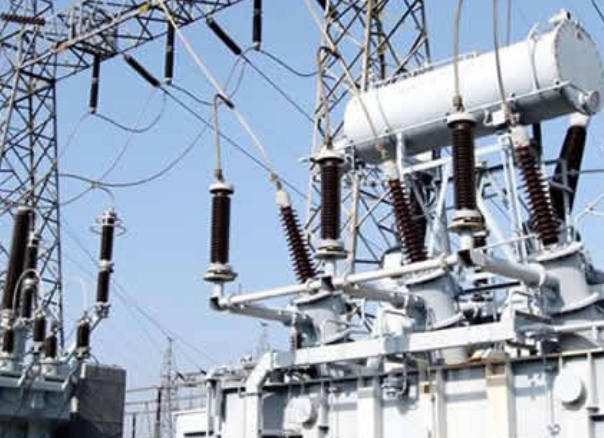Presidency moves to clear N2tn power debt amid sector reforms and liquidity challenges.
Presidency Moves to Resolve N2 Trillion Power Sector Debt Amid Ongoing Reforms


The Presidency has initiated internal approval processes aimed at resolving the N2 trillion legacy debt owed to electricity generation companies, with a target to complete the resolution before the end of the upcoming quarter. This action forms part of broader efforts to stabilise Nigeria’s power sector.
A representative of the Special Adviser to the President on Energy, Eriye Onagoruwa, made this disclosure on Monday during the second Nigerian Electricity Supply Industry (NESI) Stakeholders Meeting of 2025. The meeting was hosted by the Nigerian Electricity Regulatory Commission (NERC).
Onagoruwa emphasized that the Presidency fully recognises the urgent need to address the debt overhang, which has placed significant strain on Generation Companies (GenCos) and consequently hindered electricity supply across the country. She also revealed that, due to the Federal Government’s current fiscal constraints, alternative debt instruments are being explored as a solution.
“We are empathetic to what GenCos are facing,” she said. “We are exploring alternative debt instruments, and I can confirm that both the Coordinating Minister of the Economy and the Debt Management Office are aligned with this effort. Internal approvals are currently underway.”
Although she did not provide a specific timeline for the resolution, Onagoruwa expressed optimism that a clear update would be available before the next quarterly NESI Stakeholders Meeting, suggesting that significant progress could be communicated within the next three months.
“I hope by the next NESI meeting, I will be able to share a clear update,” she added.
Earlier reports from The PUNCH indicated that Generation Companies had issued a stern warning to the Federal Government regarding the ongoing accumulation of debts, which now exceed N4 trillion in total.
Meanwhile, the Senate Committee on Power recently voiced serious concerns over the liquidity crisis affecting the power sector. The committee lamented that tariff shortfalls within the industry suggest the government owes approximately N200 billion to electricity-generating companies every month.
The committee further disclosed that since the beginning of this year, the government has not made payments to power producers, leading the debt to swell to around N800 billion.
The NESI meeting brought together regulators, operators, and other key stakeholders across the electricity value chain to tackle persistent bottlenecks and outline the path for continued sector reforms.
Among the key agenda items discussed were the expanding metering gap, the Presidential Metering Initiative, the proposed Meter Asset Fund, and the establishment of the Nigerian Independent System Operator (NISO). Additionally, discussions focused on the transition to a multi-tier electricity market and the emerging role of newly established State Electricity Regulatory Commissions.
John Akinnawo, the Acting Managing Director of Nigerian Bulk Electricity Trading Plc (NBET), warned of the risk of market fragmentation that could arise from decentralisation efforts prompted by the Electricity Act 2023. He urged NISO to lead the way in ensuring policy and operational harmonisation across the sector.
NISO’s Managing Director, Abdu Mohammed Bello, provided an extensive briefing on the agency’s vision, mission, and core functions, emphasizing its role in enhancing transparency, improving system coordination, and ensuring operational stability within Nigeria’s evolving electricity market.
Stakeholders at the meeting welcomed the Presidency’s intervention regarding the GenCo debt and expressed optimism that the combination of ongoing reforms would help reposition Nigeria’s electricity supply industry towards long-term sustainability.
,,,,

 বাংলা
বাংলা  Spanish
Spanish  Arabic
Arabic  French
French  Chinese
Chinese 
